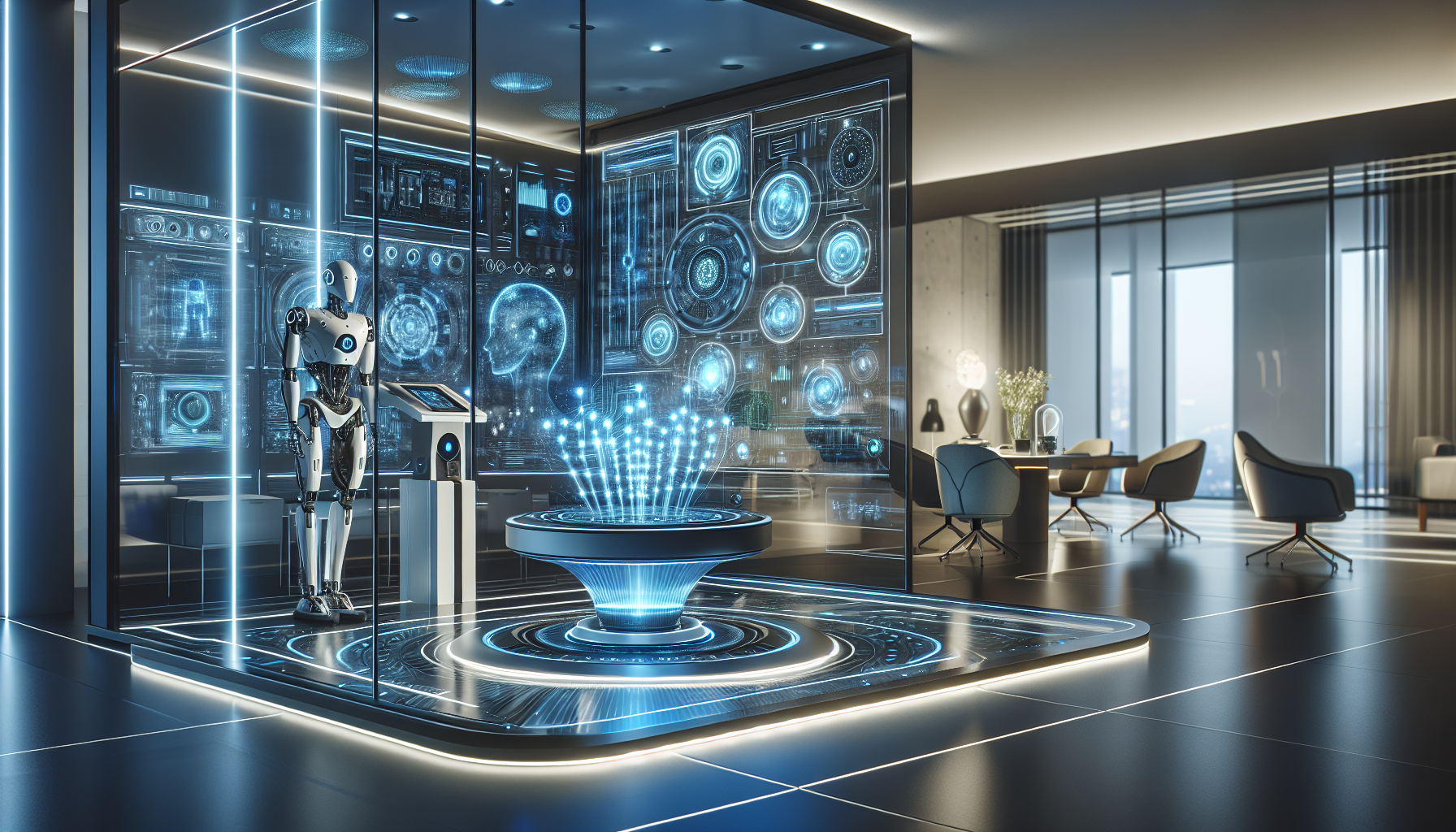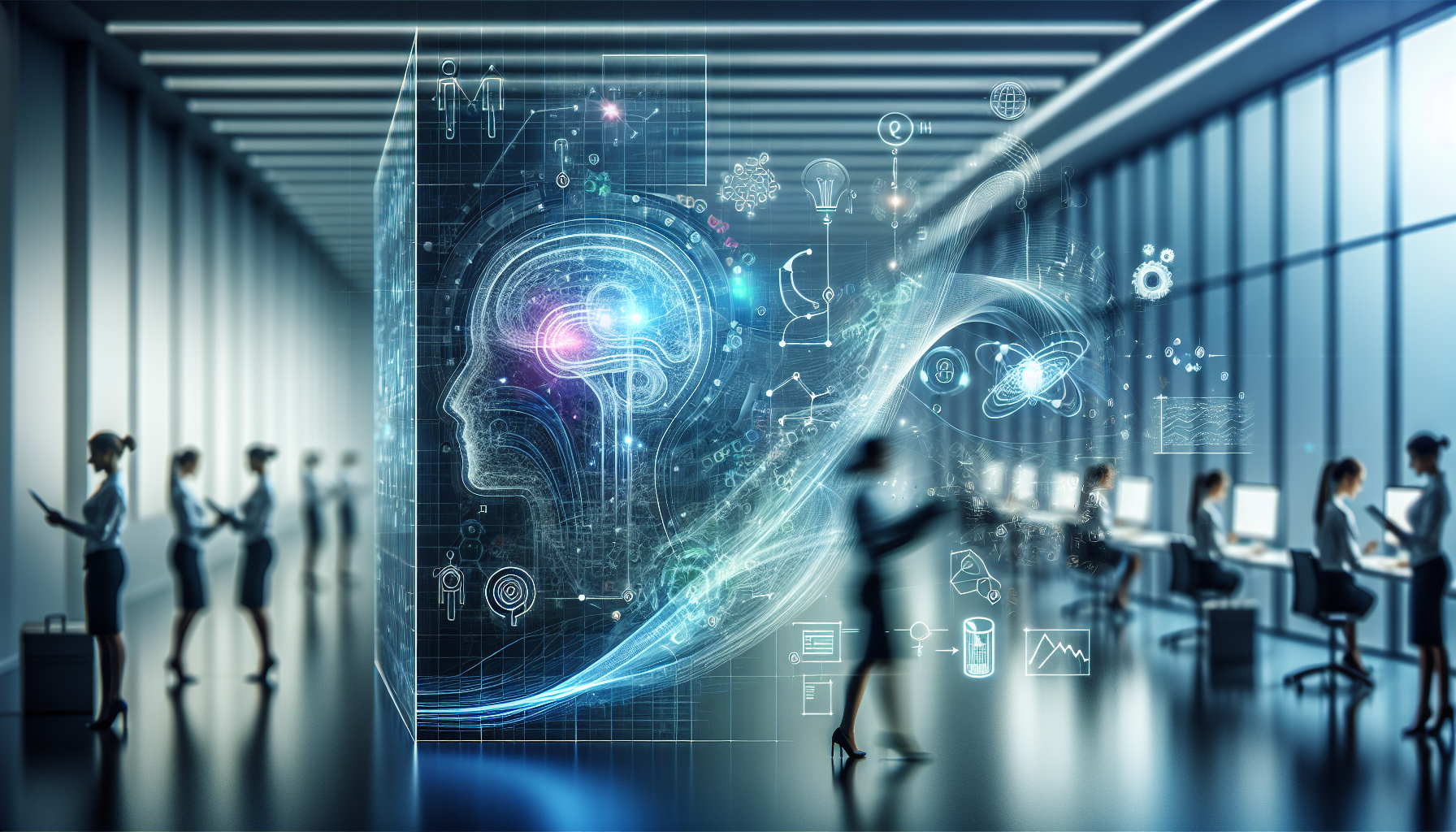
The Future of Medicine: How AI is Revolutionizing Drug Discovery and Development
July 16, 2025
Artificial Intelligence (AI) is not just a buzzword; it is a transformative force that is redefining industries across the globe. One of the most promising fields where AI is making significant strides is in drug discovery and development. Imagine a world where new medicines are developed faster, more efficiently, and with greater precision than ever before. This isn't a distant dream—it's the future that AI is building.
Why is AI so crucial in drug discovery? Traditional drug development is notoriously lengthy, costly, and fraught with uncertainties. The process can take over a decade and billions of dollars, with a high risk of failure. AI, however, offers a compelling alternative. By leveraging vast datasets and sophisticated algorithms, AI can identify potential drug candidates, predict their efficacy, and even suggest modifications to improve performance—all at a fraction of the time and cost of traditional methods.
One of the most exciting aspects of AI in this field is its ability to analyze enormous datasets with unparalleled speed and accuracy. AI systems can sift through millions of chemical compounds, biological pathways, and genetic data points to identify promising drug candidates. This capability dramatically accelerates the initial stages of drug discovery, where researchers typically wade through vast chemical libraries in search of a viable compound.
Moreover, AI can predict how these compounds will interact with the human body. This is achieved through advanced modeling techniques that simulate biological processes, offering insights into a compound's potential effects and toxicity. These predictive models can significantly reduce the reliance on animal testing and human trials, paving the way for more ethical and efficient drug development.
A lesser-known but equally important role of AI is in personalizing medicine. By analyzing patient data, including genetic information and medical history, AI can help design drugs tailored to individual needs. Personalized medicine promises to improve treatment outcomes and reduce adverse side effects, marking a shift from the one-size-fits-all approach to a more personalized healthcare paradigm.
The implications of AI-driven drug discovery are profound. Consider the potential impact on rare diseases, which often lack sufficient research due to their limited patient populations. AI can identify new uses for existing drugs, known as drug repurposing, offering hope to patients whose conditions currently have no treatment options. Such advancements promise not only to improve patient outcomes but also to democratize healthcare by making it more accessible and affordable.
Despite these promising developments, the integration of AI into drug discovery is not without challenges. Data privacy and security are paramount, especially when handling sensitive patient information. Ensuring the ethical use of AI technology and addressing potential biases in AI algorithms are critical considerations that must be addressed to harness AI's full potential.
Furthermore, collaboration between AI developers, pharmaceutical companies, and regulatory bodies is essential to streamline the approval process for AI-developed drugs. Establishing clear guidelines and regulatory frameworks will help ensure the safety and efficacy of AI-driven solutions, fostering trust among healthcare professionals and patients alike.
Looking ahead, the role of AI in drug discovery and development is poised to expand even further. As AI technology continues to evolve, it will likely become an indispensable tool in the quest to conquer diseases that have long eluded medical science. The potential to revolutionize drug discovery is immense, but realizing this potential requires continued investment, innovation, and collaboration across sectors.
What if AI could one day predict diseases before they manifest, or design a cure for cancer with unprecedented precision? These are not mere fantasies but achievable goals that AI can help bring to fruition. The future of medicine is intertwined with the advancement of AI, and the possibilities are as boundless as the technology itself.
In this rapidly progressing field, one question stands out: How will we continue to harness the power of AI to not only discover new drugs but to redefine the very nature of healthcare as we know it? The answer lies in our ability to embrace and adapt to this technological revolution, ensuring that the future of medicine is brighter, more inclusive, and more innovative than ever before.


